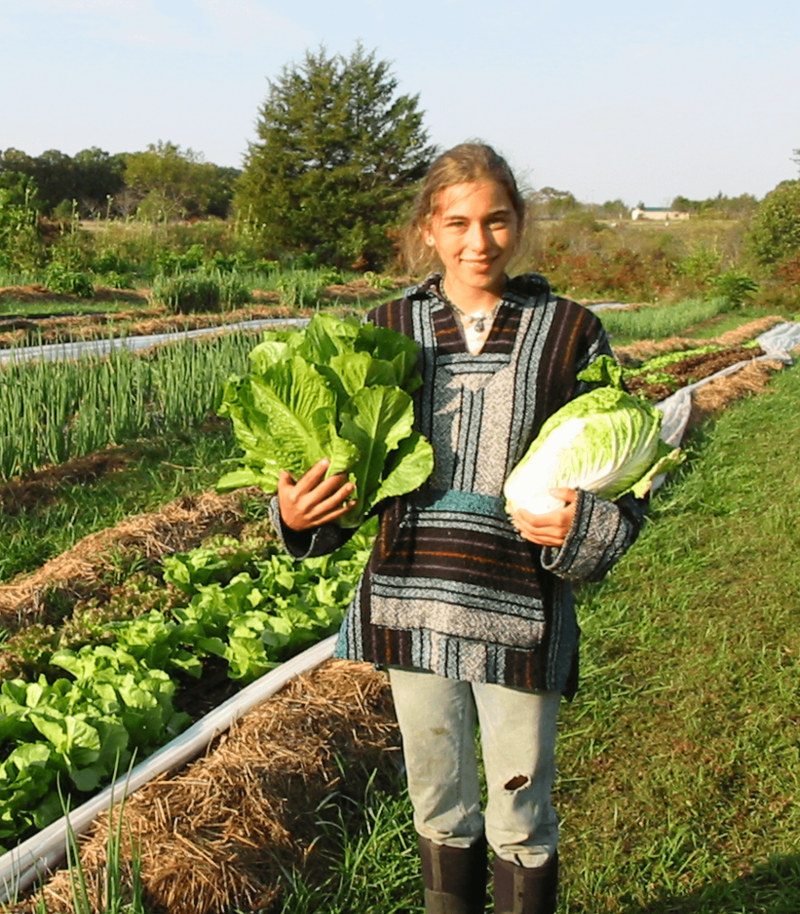The GLP aggregated and excerpted this blog/article to reflect the diversity of news, opinion and analysis.
Despite the strong interest in organic food in the United States, overall adoption of organic corn, soybeans, and wheat remains low, standing at less than 1 percent of the total acreage of each crop. One reason for the low levels of organic adoption among U.S. field crop producers may be a lack of information about the relative costs and returns of organic and conventional production systems on commercial farms, and the performance of farms choosing the organic approach. Researchers have studied organic crop production in a long-term experimental setting, but little has been reported about the commercial production of organic field crops. To cast light on this issue, ERS researchers used actual farm data to estimate the difference in costs of production that can be attributed to producing certified organic crops and use these estimates to calculate the price premiums that make organic systems profitable when compared with conventional systems.
The main reason that organic returns were higher than conventional returns was the price premiums paid for organic crops. Price premiums received for organic crops were generally above the estimated additional economic costs of organic production for most crops during 2011-14.
Despite these potentially higher returns from organic production, adoption of the organic approach among U.S. field crop producers remains low. One possible reason is the ease of producing for the conventional market. The low level of U.S. organic crop adoption may also be due to variations in climatic and market conditions.
Read full, original post: Despite Profit Potential, Organic Field Crop Acreage Remains Low































